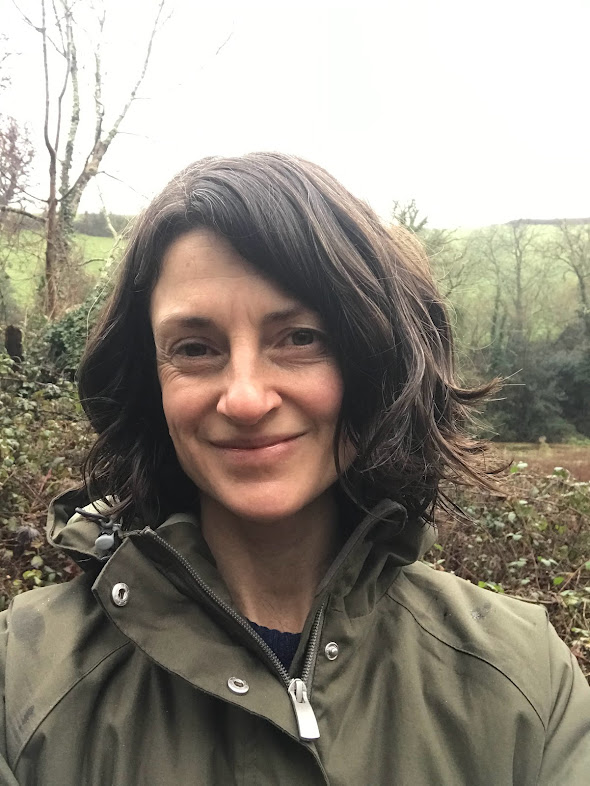

The Centre for Future Natures is a networking and research initiative that aims to share and amplify stories and knowledge from the spaces, movements and struggles for the commons and against enclosures.
Through research, arts, storytelling and networking, Future Natures explores the relationships, practices and values involved in commoning and other related activities that emphasise autonomy, reciprocity and care.
We are building an international network, an online platform and a research initiative, including diverse communities of researchers, commoners, and artists, writers, makers and others. Through these activities, we aim to reveal possibilities and pathways to abundant, ecological and democratic futures.
Recent work
events
Mega-Infrastructure Projects (MIPs) represent a central element of globalized development. MIPs like the Chinese driven ‘Belt and Road Initiative’ (BRI) include large-scale agrarian, road, rail, port and energy networks. They are complex ventures involving international capital and multiple stakeholders. In…
23 August 2024
Opinion
Driven by deep inequalities and ecological crises, and inspired by progress in Scotland, social movements are advocating for England’s land to be governed more as a common resource. Generally, when people in England think of land reform movements, we tend…
10 January 2023
events
In response to acute crises and complex, long-term systemic challenges, structural violence, austerity and neglect, people around the world are coming together in commons. Communities of ‘commoners’ are reconfiguring relationships between society, technology and the non-human environment, designing new models…
05 October 2022
People

